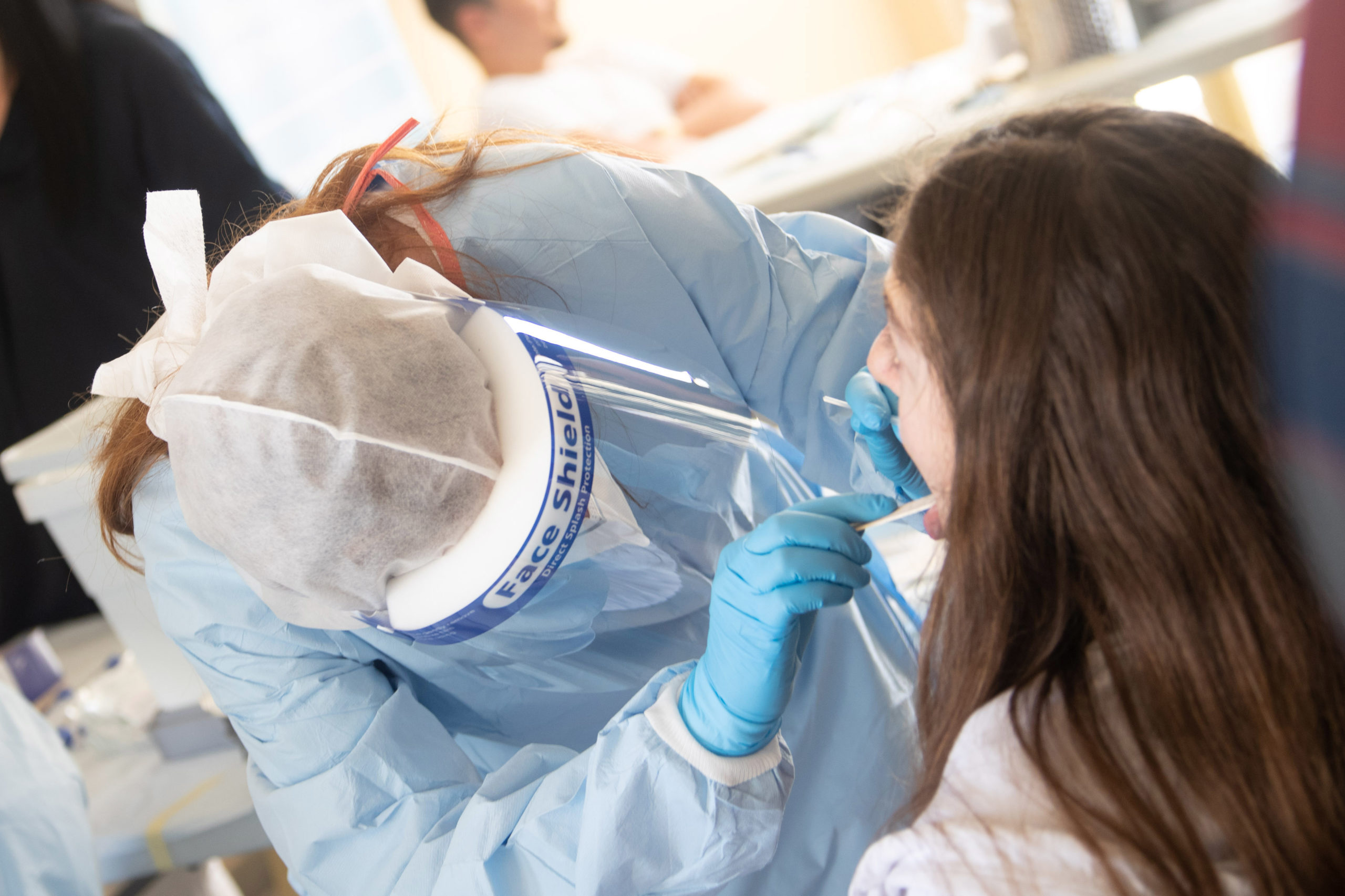As Cyprus prepares to move to the second stage out of lockdown, it has succeeded in containing new COVID-19 cases with only one case reported on Monday.
The new infection takes the total of COVID-19 cases reported in Cyprus since the outbreak began on March 9 to 917 (including 12 in the British Bases).
Daily cases have remained stable in single-digit figures for almost three weeks, with Monday’s data proving that Cyprus has hunted down the virus.
It was identified after 1,278 tests were carried out.
The case was identified among 583 tests conducted in the retail and construction sectors that returned to work on 4 May when the first stage of relaxation was introduced.
Health services carried out 61 tests on school students and teachers on Monday which did not find new cases in schools.
Parents had raised concerns after 4 cases were found at schools on Saturday.
Health Ministry experts presenting Monday’s data were pleased to report the number of cases is within the expected range.
Member of the Epidemiological Monitoring Unit and virologist Dr Leontios Kostrikis the health services are keeping a close eye on schools ahead of thousands of primary and secondary students returning to their classrooms on Thursday.
On Monday, just four people were inpatients at Famagusta General, which operates as the COVID-19 reference hospital.
One patient is being treated at the hospital’s Acute Care Unit (ACU).
Their condition is described as stable.
Three patients are breathing with the help of a ventilator, all at Nicosia General Hospital ICU.
The condition of all patients in the ICUs is described as “critical but stable.”
Dr Marios Loizou of the Cyprus State Health Services Organisation addressing parents’ concerns ahead of their children returning to school, said the World Health Organisation has confirmed that the vast majority of children contracting COVID-19 have mild symptoms.
Referring to a poly organic inflammatory syndrome occurring in cases of children with COVID-19, which is similar to Kawasaki disease, Dr Loizou said that WHO has issued instructions to paediatricians, confirming the initial data show a possible association of this syndrome with COVID-19.
“WHO has announced a preliminary definition of the syndrome and released a special report form for health authorities around the world to record cases,” said Loizou.
He called on paediatricians to remain vigilant so that “we can obtain a better understanding of the syndrome and determine its association with COVID-19”.
“We should, however, stress that this is an extremely rare syndrome that has occurred mainly in countries with an increased number of cases.”
Globally, the number of coronavirus cases has surpassed 4.8 million and deaths have reached 318,000, while 1.87 million patients have recovered.










